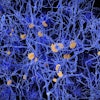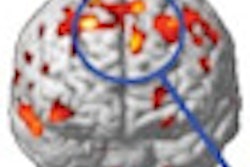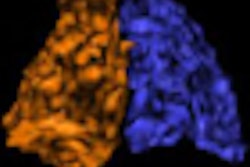Dear AuntMinnie Member,
Results of a major new clinical study this week further validate the utility of coronary artery calcium (CAC) scores in helping stratify patients at risk of future heart attacks.
A follow-up to the Rotterdam study in the Netherlands used electron-beam CT to generate CAC scores and add them to the Framingham risk index, the traditional tool for predicting an individual's risk of suffering a heart attack. The new analysis is notable both for the number of patients it involved -- roughly 2,000 -- and for its 10-year study period.
The authors found that adding calcium scores to traditional risk assessment had profound effects on risk prediction, reclassifying more than half of individuals at intermediate risk of adverse events. Get the rest of the story by clicking here, or visit our Cardiac Imaging Digital Community at cardiac.auntminnie.com.
MRI and Alzheimer's risk
In another study released this week, U.S. researchers discussed their work in using MRI to track how physical activity affects the future development of Alzheimer's disease and mild cognitive impairment (MCI).
Researchers from the University of Pittsburgh followed older adults who engaged in various levels of physical activity over a period of nine years, then assessed which ones developed Alzheimer's disease and cognitive impairment.
They found that patients who exercised more had lower levels of Alzheimer's and MCI at the end of the study period -- as well as higher volumes of gray matter on MRI scans. Learn more by clicking here, or visit the MRI Digital Community at mri.auntminnie.com.


.fFmgij6Hin.png?auto=compress%2Cformat&fit=crop&h=100&q=70&w=100)





.fFmgij6Hin.png?auto=compress%2Cformat&fit=crop&h=167&q=70&w=250)











